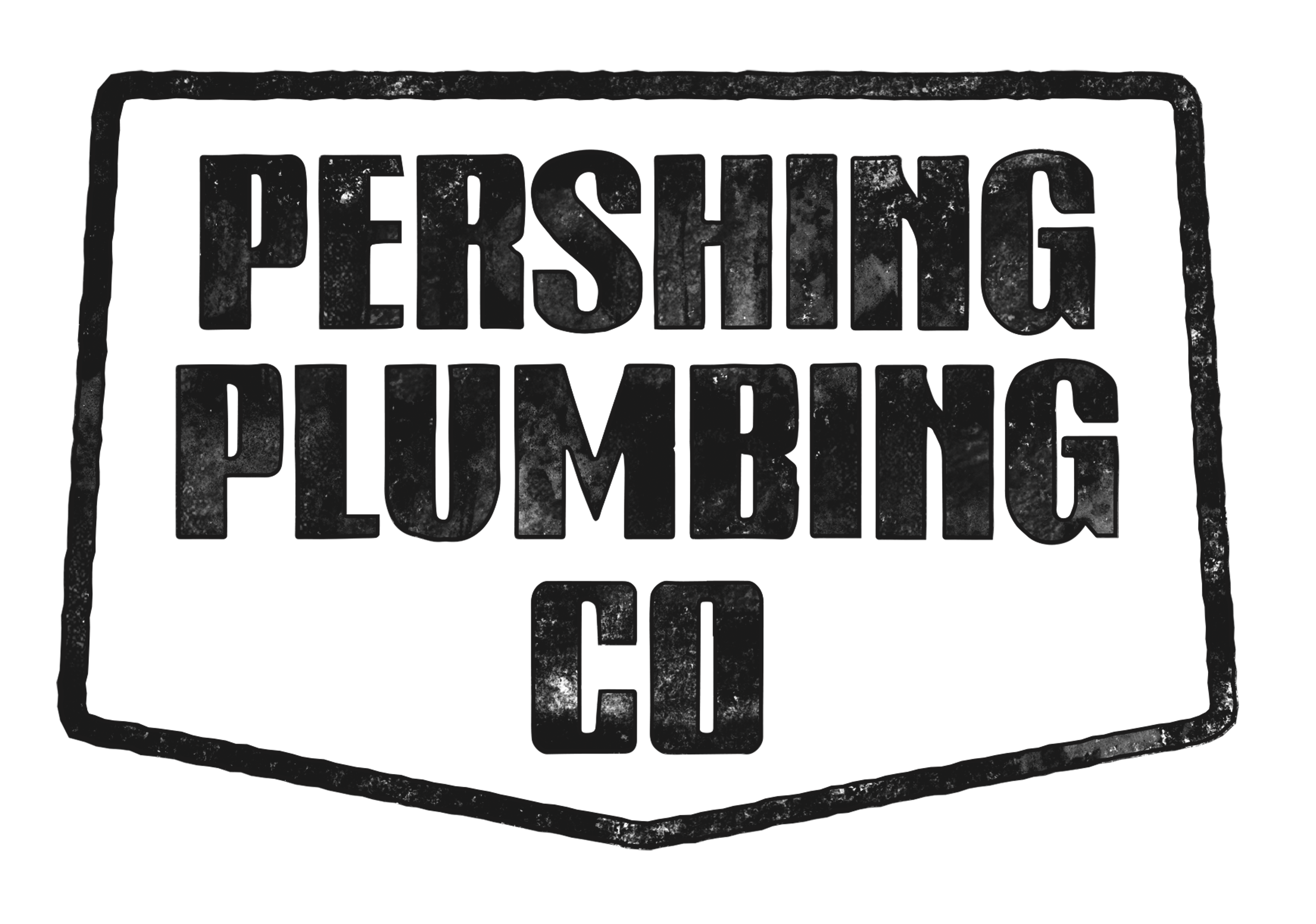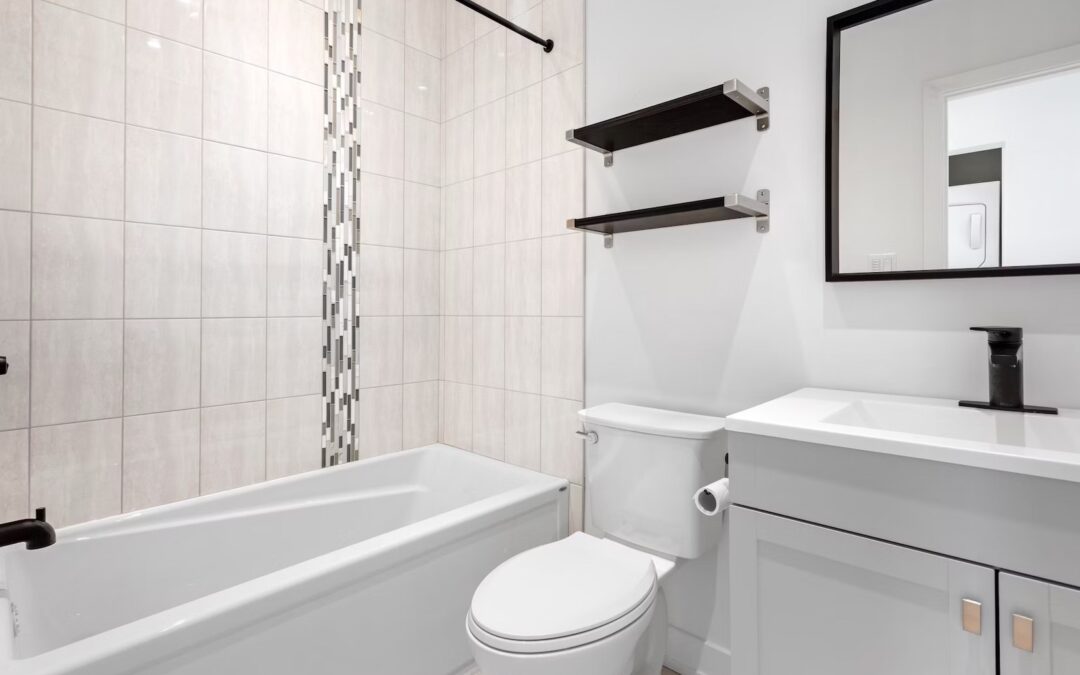Water is an essential part of our daily lives. But not all water can be considered the same. There are two types of household water. We’ll be discussing new ideas and providing advice on the key differences in soft and hard water.
Mineral Content
The main difference between soft water and hard is their mineral content. Soft water is low in minerals, particularly calcium or magnesium. Hard water, on other hand, has high levels, which can cause problems like limescale buildup inside pipes and appliances.
Soap Performance
There is another difference between hard and soft water. This is because they interact differently with soap. Soft water is more effective at lathering soap, and washing away dirt and grime. Hard water, however is less effective at lathering soap and can leave a sticky residue behind on the skin and clothes.
Taste
Water’s mineral content also has an impact on its taste. Soft water can be described as slightly salty, while hard water can have a metallic taste due the presence of minerals such as calcium and iron.
Appliances: Impact
Hard water can have a major impact on appliances like dishwashers, washing machines and coffee makers. Hard water can cause limescale buildup, which can reduce efficiency and decrease lifespan. Soft water, on other hand, can make appliances last longer and work more efficiently.
Plumbing: The Impact
Hard water can also lead to problems with plumbing systems. This could be caused by the buildup mineral deposits in pipes. This can lead to expensive repairs and maintenance. Soft water, on other hand, doesn’t cause these problems, making it easier to maintain and repair plumbing systems.
Considerations for your health
Hard water is safe to drink but may not be the best choice for people with certain conditions. High levels calcium and magnesium in hardwater can cause kidney stones and other health problems. Soft water, however, is safe to drink and healthy.
The main differences between soft and hard water are their mineral contents, soap performance, taste and impact on appliances and plumbing. Understanding these differences will allow you to make informed decisions about water treatment and filter systems that will ensure you have high-quality, reliable water.
You can choose to use hard or soft water. It is important to test your water and identify potential issues so that you get the best quality water for your household.

